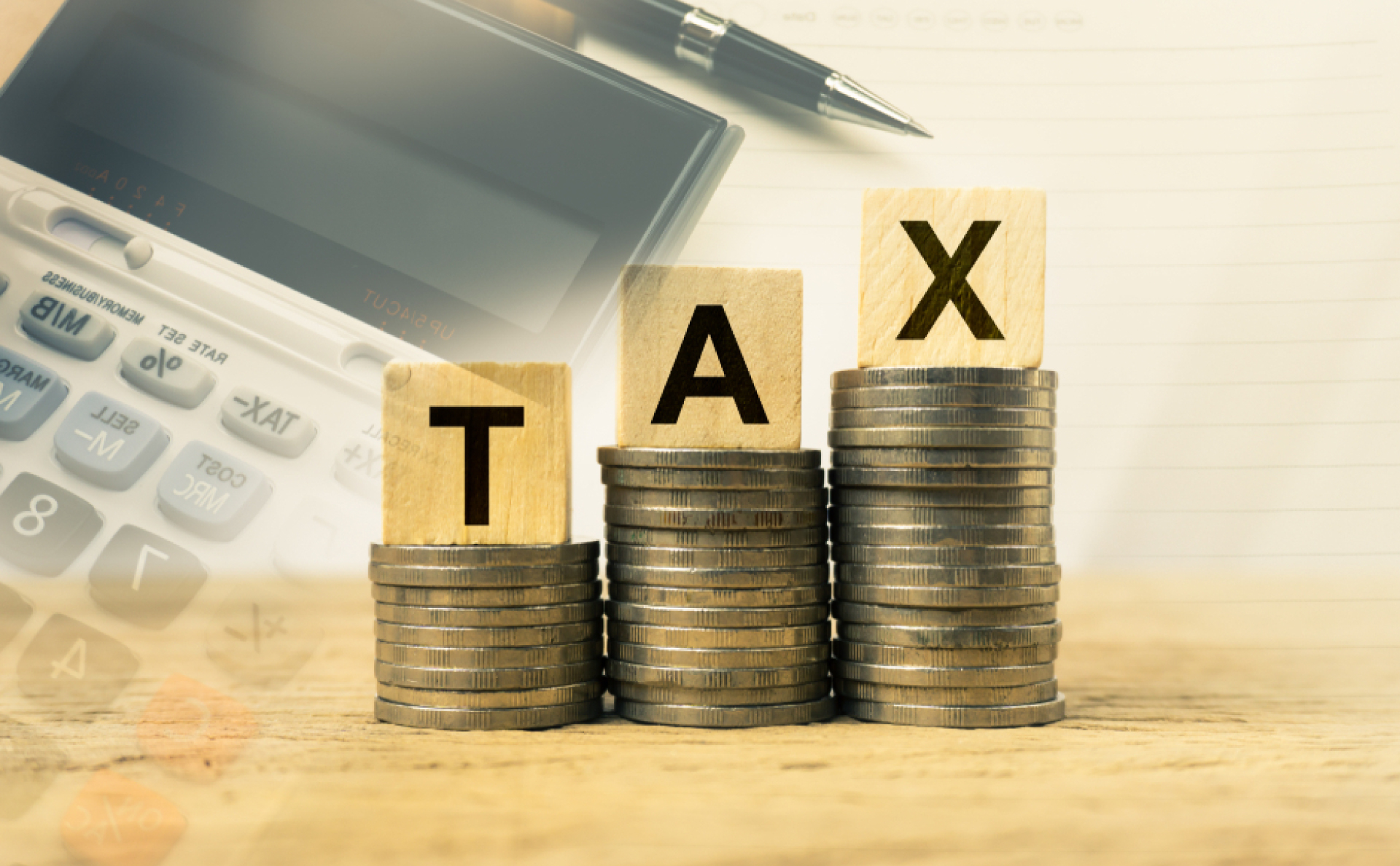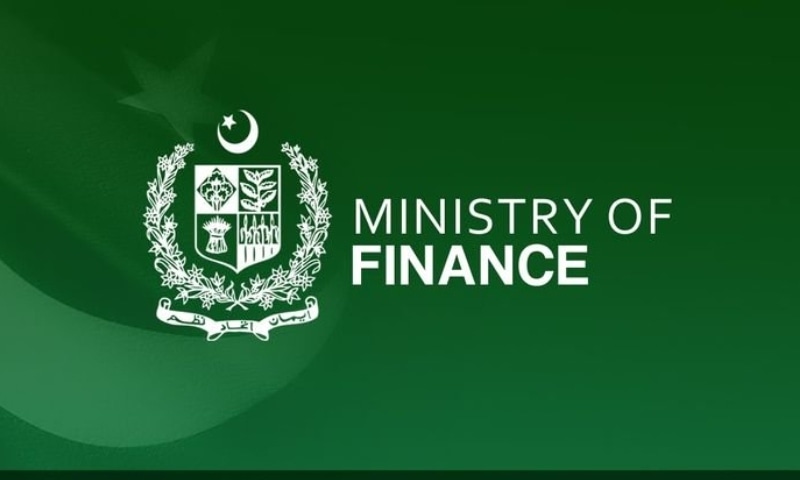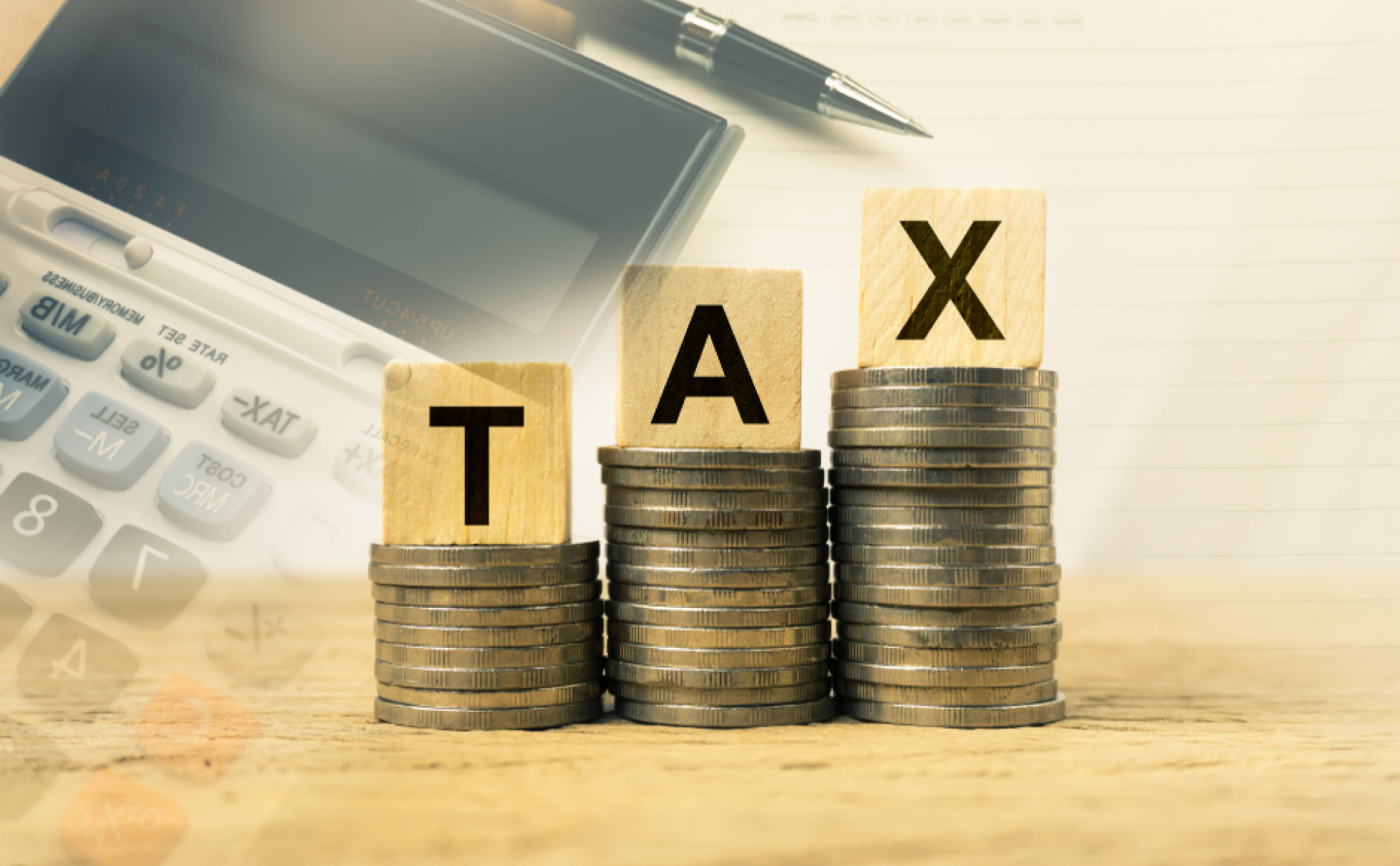Exporters, including those operating within the Export Processing Zones (EPZs), will only be granted tax exemptions under the Income Tax Ordinance, 2001 if such exemptions are explicitly provided for in the said Ordinance.
This was emphasized by senior tax officials, highlighting that the Income Tax Ordinance, 2001 is a special tax law with an overriding effect over the Export Processing Zone Authority (EPZA) Ordinance, 1980.
The Large Taxpayers Office (LTO) in Karachi has recently submitted its legal commentary on the matter of incentives offered to exporters under the EPZA Ordinance to the Federal Board of Revenue (FBR). The FBR will use these comments to present its case in court, where a taxpayer is seeking tax exemption under the EPZA Ordinance, 1980.
The legal submissions made by the LTO Karachi bear significant consequences for exporters operating within the Export Processing Zones (EPZs), as they clarify the precedence of the Income Tax Ordinance, 2001. This development could impact businesses that have been relying on tax incentives outlined in the EPZA Ordinance, 1980.
The Income Tax Ordinance, 2001, specifically Section 3, asserts that any tax exemption must be explicitly stated within the Income Tax Ordinance itself. This provision overrides any other legislative acts or agreements that may conflict with the Income Tax Ordinance.
The LTO Karachi further elaborated that in the case of a conflict between two special laws, the law enacted later in time prevails over the earlier law. This principle is crucial in this case, as the Income Tax Ordinance, 2001 was promulgated after the EPZA Ordinance, 1980, and therefore holds authority.
In the past, tax exemptions for businesses operating in EPZs were provided under the Income Tax Ordinance, 1979. However, as the LTO Karachi pointed out, these provisions have been amended multiple times since then. Legislators have adjusted and removed exemptions as they deemed necessary to align with the evolving economic landscape of the country.
The LTO Karachi made it clear that any agreements between the Export Processing Zone Authority (EPZA) and businesses cannot override legislative decisions. Such agreements, even if beneficial to the parties involved, cannot be equated with a sovereign guarantee. The legal standing of these agreements is subordinate to the tax laws enacted by the federal government.
Furthermore, no existing concessions or benefits have been revoked through the amendments. Exporters in EPZs are still incentivized under the Income Tax Ordinance, 2001, as the tax on exports is now treated as a minimum tax, rather than a final tax. This change offers exporters certain advantages while ensuring that the tax system remains streamlined and fair.
The legal framework governing EPZs, particularly the Export Processing Zone Authority Rules, 1981, was established through subordinate legislation. In contrast, sections 154 and 147(6C) of the Income Tax Ordinance, 2001 were enacted by the federal legislature. The LTO Karachi pointed out that, in cases of conflict, laws passed by the federal legislature must take precedence over subordinate legislation.
The LTO Karachi further explained that the incentives under the EPZA Ordinance, 1980, are within the statutory powers of the EPZA, but these cannot extend to taxation. Tax laws, being special laws with a specific mandate, exclusively govern the taxation of businesses, and any tax incentives must be derived from the Income Tax Ordinance itself.
In the Finance Act, 2024, an advance tax mechanism was introduced under Section 154. This was further strengthened by amendments made through the Amended Finance Bill, which inserted Section 147(6C) into the Income Tax Ordinance. The LTO Karachi emphasized that these changes were thoroughly deliberated upon by the Parliament of Pakistan and are within the legislative competence of the federal government.
It was also noted that the Finance Act’s amendments did not infringe on any fundamental rights, as claimed by some petitioners. The amendments are a part of the government’s ongoing efforts to refine tax collection mechanisms and ensure that exporters contribute fairly to the national revenue.
The LTO Karachi reiterated that the EPZA Ordinance, 1980, does not empower any authority to limit the tax treatment of businesses by formulating rules that restrict tax legislation. This means that the Income Tax Ordinance, 2001, and any amendments made through the Finance Act will continue to take precedence in matters of taxation.
The overriding effect of the Income Tax Ordinance is clearly established under Section 3 of the Ordinance, making it the primary legal instrument for taxation in Pakistan. Tax exemptions can only be granted if they are explicitly mentioned within the Income Tax Ordinance, 2001.
The comments submitted by the LTO Karachi have far-reaching implications for exporters operating in EPZs. While the EPZA Ordinance may offer certain incentives, these must comply with the provisions of the Income Tax Ordinance, 2001. Exporters are encouraged to review their tax arrangements and ensure they are in line with the latest legislative changes to avoid any legal complications.
The FBR will use these legal arguments in its case against the taxpayer who is claiming an exemption under the EPZA Ordinance, 1980. As this case unfolds, the final ruling could have significant ramifications for how tax incentives are applied to businesses within the EPZs.




